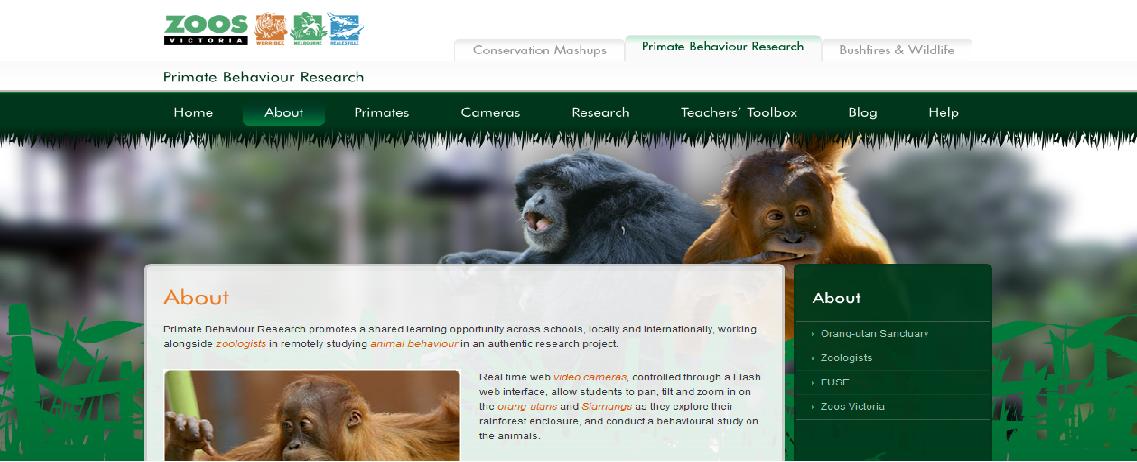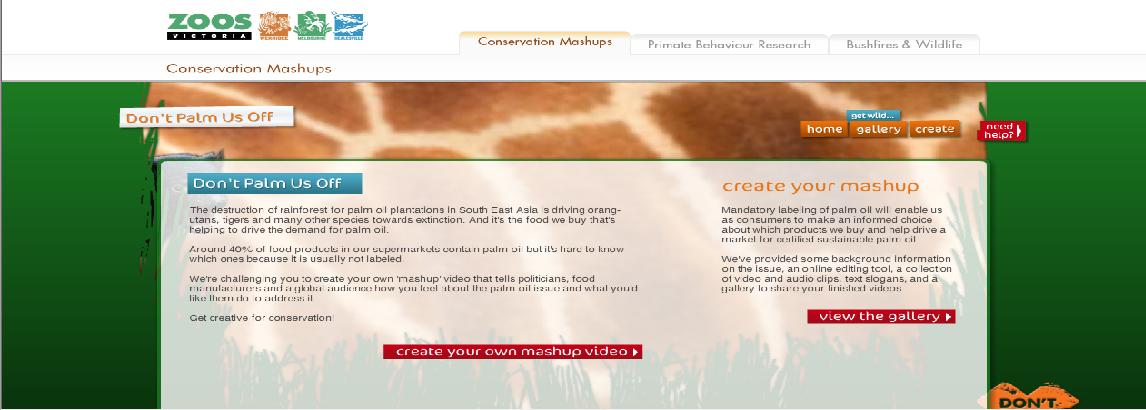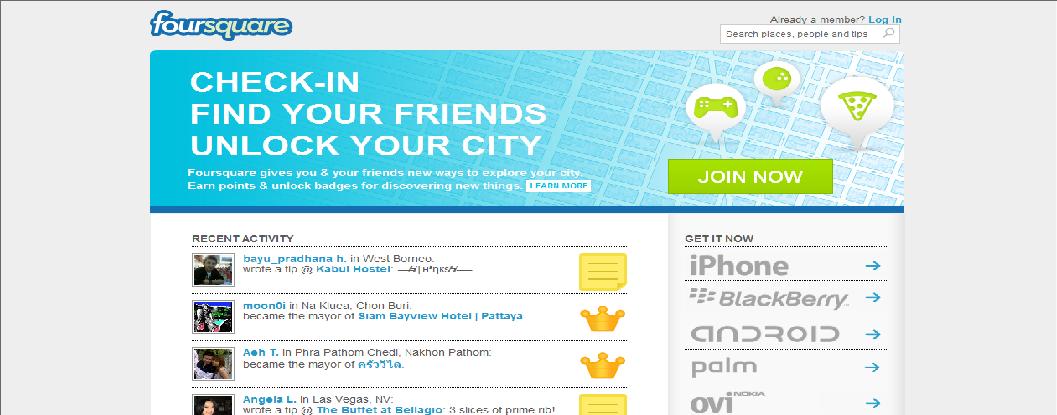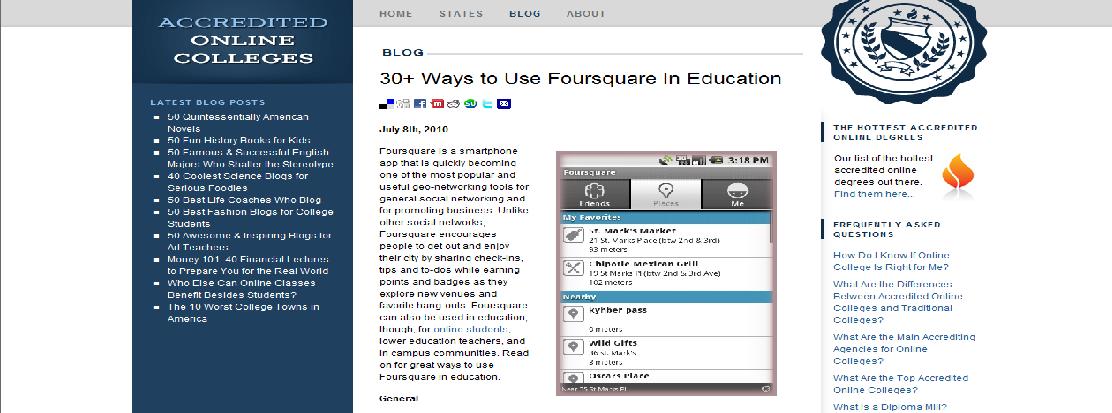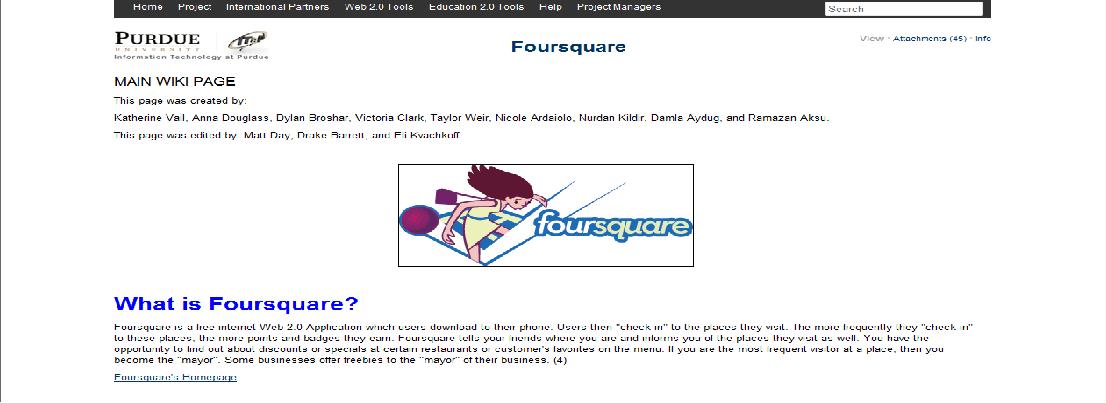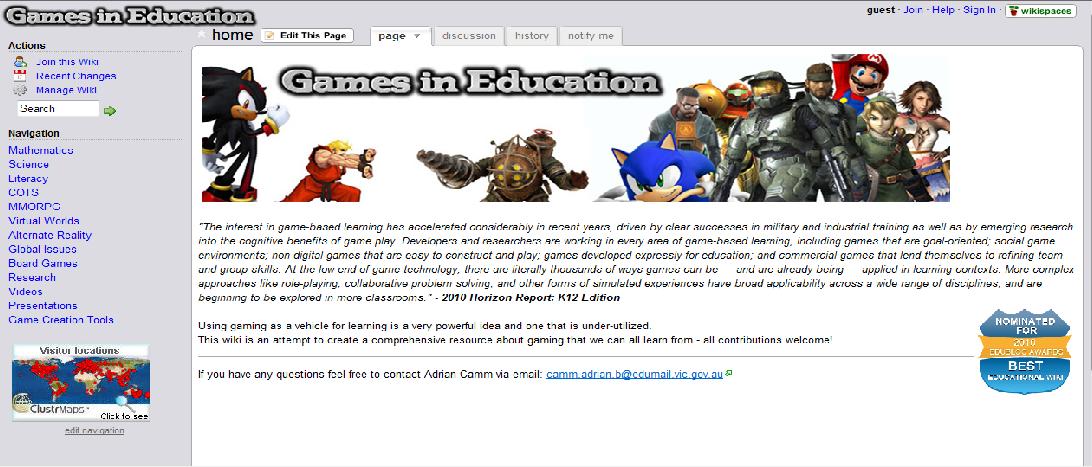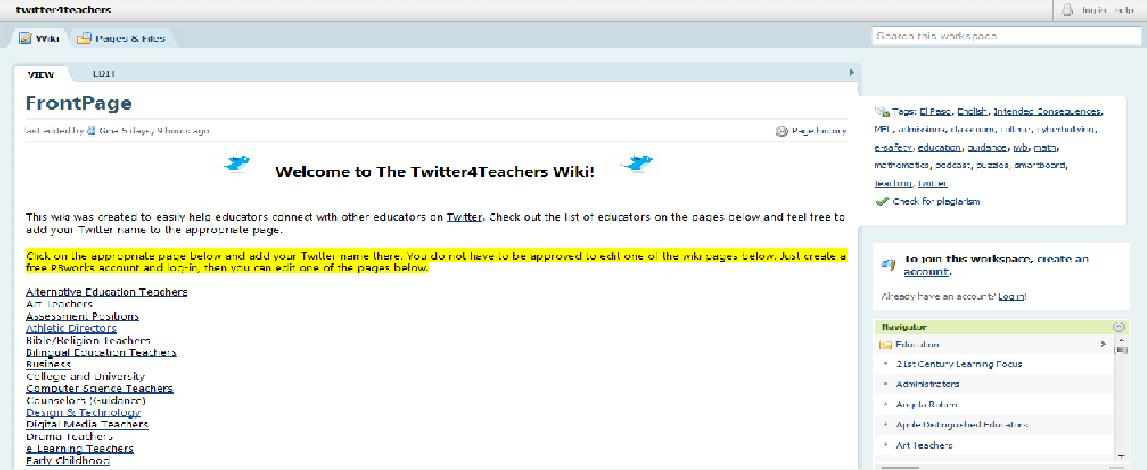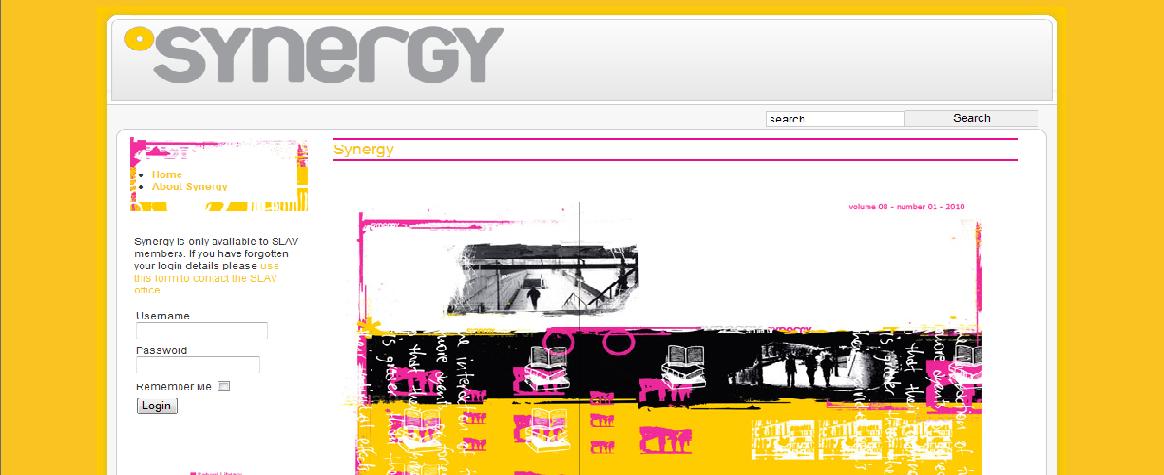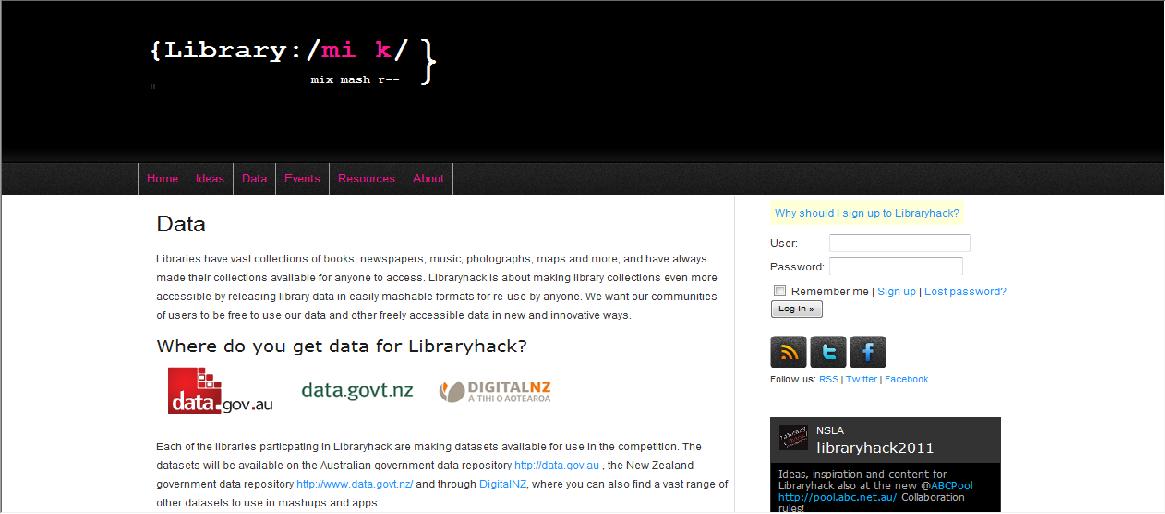Coolmath-Games.com is where students can play games and learn math skills at the same time. The site has something for everyone, from learning how addition works (some activities are for children to do with their parents), to being taught about algebra and precalculus. A note of warning for the lessons the site offers, you cannot download or print these lessons. That does not stop you from showing them on the interactive whiteboard. The homepage has new games listed, and you can search by category, such as strategy, numbers, and memory. It is definately worth exploring and sharing with the math teachers.
Author Archives: Rachel
Zoos Victoria and digital learning
Melbourne Zoo, Werribee Open Range Zoo, and Healsville Sanctuary offer some fantastic educational experiences for all ages. In a brilliant move, particularly for schools distant to the zoos, the zoos have ‘wild digital learning for students’:
Students can choose from three different areas – conservation mashups, primate behaviour research, and bushfires and wildlife challenge – to contribute their learning to. In a world first, if students choose ‘primate behaviour research’ there are real time web video cameras that allow students to conduct a behavioural study of the Orang-utans and Siamangs. Students are able to enter their data and share their findings, or interpret the data that is already there. This real research will be used by the zoo to encourage the natural behaviour of these animals. This is authentic learning at its very best!
In ‘conservation mashups’ students can choose the options of ‘don’t palm us off’ or ‘beads for wildlife’. In ‘don’t palm us off’ students are asked to create a mashup video that can be used to campaign the palm oil issue. The site provides all the information on the issue, and all the things students would need to create their mashup. To really convince students to take part, there is a gallery where they can share their mashup video with the world.
If students choose the ‘bushfires and wildlife challenge’ they are asked to improve biodiversity and reduce fire risk in their community. Again, the zoos are providing the real-life, authentic learning tasks that prove to be so powerful in creating knowledge. These activities can be undertaken by primary or secondary school students.
Foursquare in education
Foursquare encourages people to get outside and explore and share their environment, whether that be a city or a town. They do this by using their mobile device to share check-ins, tips, and to-dos, while earning badges and discovering new things. It is a geo-networking tool.
How this can be used in education as a tool for learning seems to be debatable. It is now linked with Google Earth, and perhaps may be great for geography teachers, and as an orientation tool for year seven students new to the college, to familiarise themselves with buildings and areas. It could also be a brilliant tool for school camps (especially excursions to cities). Furthermore, you can create apps using foursquare’s API, so media teachers may like the sound of this. The apps that have been created are listed in the 4sq app gallery (great incentive for technical-minded students).
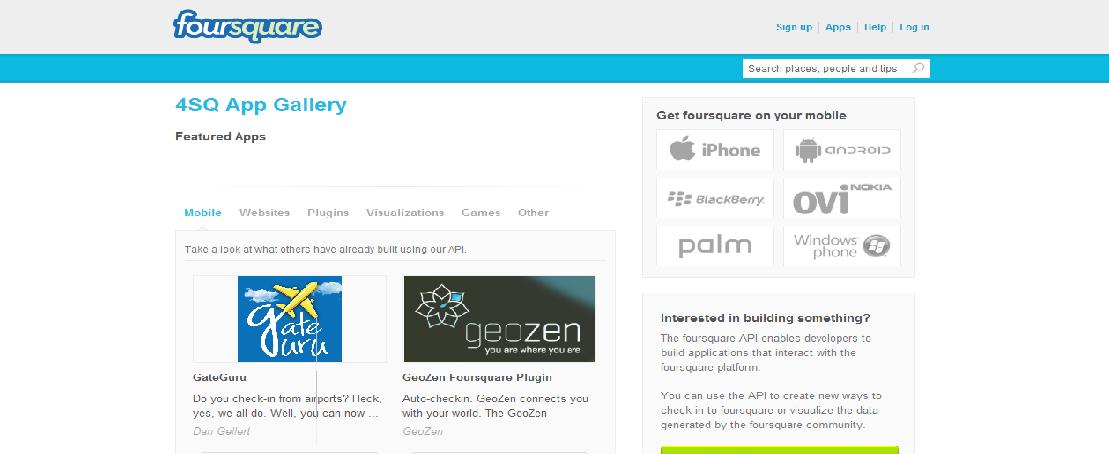
Accredited Online Colleges have a post on their blog called ’30+ ways to use foursquare in education’. There are some good ideas listed, especially in the ‘field trips’ section.
Purdue University has a page in its wiki repository that details foursquare, including its history, how it relates to other applications, and its real world application. The real world application section includes lesson plans from geography, economics, technology, and music.
Foursquare seems to be a great networking tool for universities, with many getting on board. If any primary and secondary school educators are using foursquare as a teaching and learning tool, please leave a comment and share your experiences.
Games in Education
Games in Education is a brilliant wiki by Adrian Camm (educator, innovator, presenter). As Camm says on the site, “Using gaming as a vehicle for learning is a very powerful idea and one that is under-utilised”. Gaming is possibly under-utilised because many eductors do not know the games that will help students learn and be something that the students are interested in playing. Enter Games in Education. The wiki provides lists of games to suit particular learning areas, such as mathematics, literacy, and global issues. Suggested year levels for each game, how the game relates to the curriculum, and links to further information make this wiki such a great resource. Have a look at the ‘Game Creation Tools’ to get your students creative juices really flowing. Camm also includes current research into gaming and education. You can add to this wiki and if you have any questions Camm provides his contact email on the main page. So, no excuses. Let your students and yourself have some fun, and get gaming.
Guest post: Inside a Dog with Heath Graham
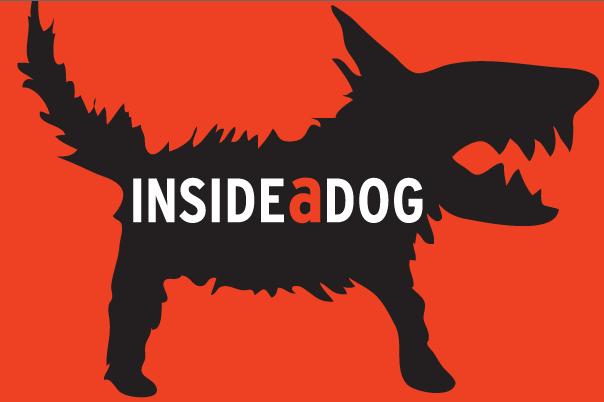 The Centre for Youth Literature’s (CYL) Inside a Dog website was launched last night at the Docklands. Heath Graham, the Learning Programs Officer for Online Education at State Library of Victoria, has kindly outlined what students and educators will be getting from the new Inside a Dog. In Heath’s words, “The old dog has learnt a whole bunch of new tricks”.
The Centre for Youth Literature’s (CYL) Inside a Dog website was launched last night at the Docklands. Heath Graham, the Learning Programs Officer for Online Education at State Library of Victoria, has kindly outlined what students and educators will be getting from the new Inside a Dog. In Heath’s words, “The old dog has learnt a whole bunch of new tricks”.
The new version of Inside a Dog maintains all of the features of the old site, adding new functionality to help readers to share what they love and discover new books.
The biggest new feature on the site is the addition of member-run book clubs. If you are a fan of a particular author, genre, or series, you can now start your own Inside a Dog book club and find other like-minded readers to share ideas, post reviews, or show off your fan art. Book clubs can be either open membership, allowing any of the site’s users from around the world to join and contribute, or closed, requiring permission from the clubs’ creator to join.
Each site member will have their own page, listing reviews they have written, their favourite and recommended books, and the book clubs they are members of. “Star reviewers” will earn privileges, ranging from recognition on the site itself to copies of books to review.
In addition to individual pages for members, each book reviewed on the site will have its own page. Book pages will list all reviews of the book, along with any additional content supplied by publishers, including first chapters, book trailers, and audiobook snippets, and a list of recommendations and related titles.
Recognising the popularity of the site with teachers and librarians, the revamped site has curriculum-linked resources supporting the use of book clubs in the classroom, writing book reviews, and exploring the use of new media in creative responses to literature, as well as information for teachers on copyright and using online resources in the classroom.
Inside a Dog will continue to run a news blog, and the popular Writer in Residence feature, allowing readers to interact and join in a discussion with a new YA author every month. The Inky Awards, yearly reader-voted awards for favourite local and overseas book, and the Inkys Creative Reading Prize will also continue.
In addition to this new version of a favourite website, there have been other changes behind the scenes at the Centre for Youth Literature. Adele Walsh (aka blogger Persnickety Snark), has begun as the new CYL Program Coordinator, following Mike Shuttleworth’s resignation for personal reasons. Lili Wilkinson, herself an award-winning YA author, will also be leaving CYL to commence a creative writing PhD at the University of Melbourne. Both Lili and Mike have made enormous contributions to the Centre’s work, and they are wished the very best for their future endeavours. The Centre’s new status as a Key Organisation for the Australia Council for the Arts kicks off a new era for CYL in 2011. For more information please contact the Centre for Youth Literature on 03-86647262, or youthlit@slv.vic.gov.au
Thankyou to Heath and the CYL team for providing such a fantastic website for readers to use, enjoy, and contribute to.
Are you all talk?
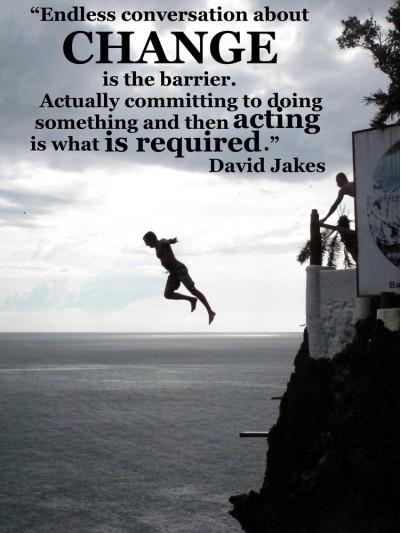
Above is David Truss’s fantastic image with a wonderful quote from David Jakes (created after an idea on the Principal of Change blog – worth checking out as the idea can be applied to the classroom).
Sailing
 As some of us sail through first term, others may find it to be more of a trudge, while others still are finding they are struggling to pull free of the thick, muddy clods that have become their experiences with web 2.0 and the internet generally. It is important that we don’t find ourselves being pulled under by information overload. Consider the web like a big stack of non-fiction books full of information on a particular subject. You won’t read every single page of information, but will look at the titles, skim read, skip, and use only the resources that are of value to you. Cory Doctrow has written a great article about this for the guardian.co.uk called ‘Information overload? Time to relax then’. Have a read of this and remember to step-away, re-evaluate, and take the dog for a walk (if you don’t have one, just take yourself).
As some of us sail through first term, others may find it to be more of a trudge, while others still are finding they are struggling to pull free of the thick, muddy clods that have become their experiences with web 2.0 and the internet generally. It is important that we don’t find ourselves being pulled under by information overload. Consider the web like a big stack of non-fiction books full of information on a particular subject. You won’t read every single page of information, but will look at the titles, skim read, skip, and use only the resources that are of value to you. Cory Doctrow has written a great article about this for the guardian.co.uk called ‘Information overload? Time to relax then’. Have a read of this and remember to step-away, re-evaluate, and take the dog for a walk (if you don’t have one, just take yourself).
Twitter4Teachers
Teacher librarian Camilla Elliott, of Mazenod College, Victoria, recently brought my attention to Twitter4Teachers. It is a wiki designed to help educators connect with other educators on Twitter. You can use the extensive list on the front page to search by subject area to find teachers in your area of interest. Using the search tab you could look for only Australian educators if you wanted to. You can also add yourself! Many educators listed on the wiki also include their blogs, wikis, nings, websites, or any other online site they are part of. Once you find someone that you would like to follow, it is simply a matter of adding them to your Twitter account.
Worth reading: SLAV’s Synergy
 Synergy is an online publication by the School Library Association of Victoria, edited by Dr. Susan La Marca. The journal is published twice annually in May and October. SLAV members have access to this online resource, using a username and password.
Synergy is an online publication by the School Library Association of Victoria, edited by Dr. Susan La Marca. The journal is published twice annually in May and October. SLAV members have access to this online resource, using a username and password.
Volume 8, Number 2, 2010 had a particularly thought-provoking article written by the United State’s Kristin Fontichiaro entitled ‘2.0 or 2.Faux?: Wrapping our heads around digital assessment – An interactive article’. Yes, an interactive article. During the article, Fontichiaro has the reader visiting a wikispace she created to compliment and extend the article. As she says, ‘pull up a chair, fire up a laptop, and surf over…’ to the wikispace. Fontichiaro gets you to question how you are using ICT in your school and whether it is ICT for ICT’s sake.
La Marca has suggested this would be a brilliant article to discuss at branch meetings for SLAV members, and would be just as useful being analysed as a professional development opportunity for staff at school. If you are not a SLAV member and want to view this article, contact SLAV on (03) 93495822 or slav@netspace.net.au.
Libraryhack
It is time to start thinking about Libraryhack, the amazing competition to create mashups and applications open to individuals or teams. This would be a fantastic competition for media students, or any students to partake in that show an interest in creating mashups and apps.
Competitors use data from participating libraries. These libraries include State Library of Victoria (SLV), State Library of South Australia, State Library of Queensland, State Library of Tasmania, State Library of Western Australia, State Library of New South Wales, National Library of Australia, and the National Library of New Zealand/Digital NZ. Datasets will be available from the Australian Government data repository, the New Zealand Government data repository, and through Digital NZ.
The ideas competition in now running.
The ideas competition runs from 8th February – 30th April 2011. The winning prize is $1000 for the best idea for a mashup or app. All entries in this category must suggest using at least one dataset or content from at least one dataset, from one of the participating libraries. The datalists below are provided by Libraryhack to inspire entries in the ideas competition. SLV’s datasets are listed first. As the datasets become available a link will appear in the list.
The Libraryhack competition will be held in May.
There will be mashup and hack events held across Australia. Check the Libraryhack website, or follow Libraryhack on twitter for venues near you. In Victoria, SLV is hosting ‘Libraryhack’:
When: Fri 20 – Sat 21 May, 10.30am – 5.30pm
Where: State Library of Victoria, Experimedia.
Tickets: Free, bookings required
Bookings: http://www.slv.vic.gov.au/event/libraryhack
You will be able to access SLV’s library collection content and data in order to remix and create a new application, digital story, image, or other new content. These can then be entered into the libraryhack competition. Reminders will be posted closer to the event.
If you are unsure what a mashup, hack, or app looks like, check out the resources offered on the Libraryhack site.



